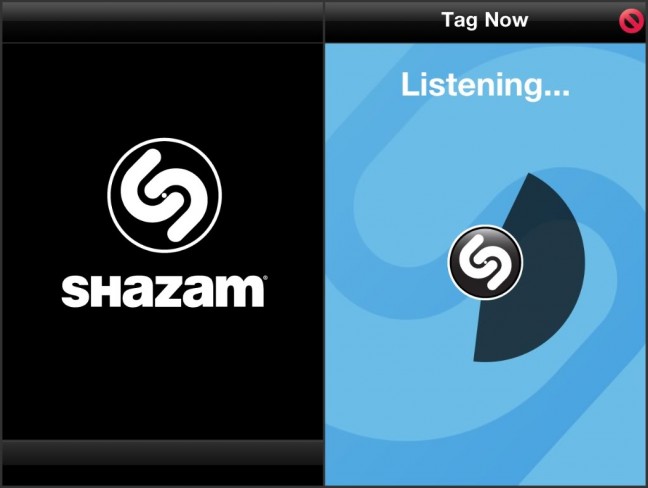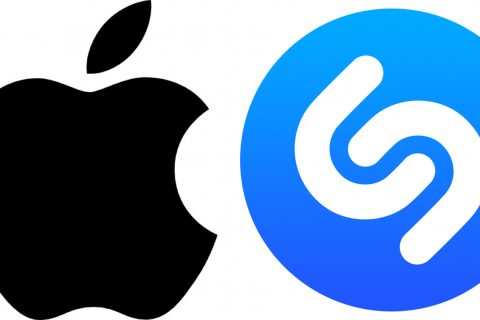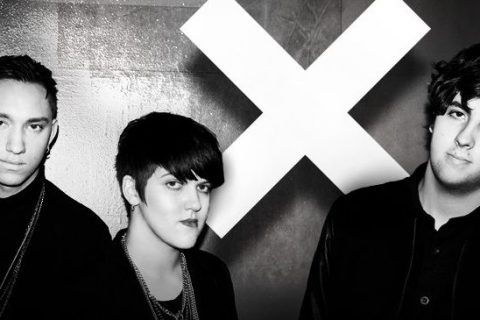
Shazam has been making serious inroads into the music bizz in the last few years, quietly becoming synonymous for music identification through your handy smart phone and made all the easier by recent sweet dollar deals involving iTunes, Beatport and Juno, while kicking off an imprint with the good guys at Warner Group.
The company’s history is actually an interesting one that predates that of speedy mobile internet (3G, 4G, 5G) and started out life way back in 2002 when 56K was your best friend. The service was exclusive to the UK and known at the time as ‘2850’, coincidently the number you’d have to dial to find out that banging track you were listening to. You’d hold the phone to the speaker, the system would hang up automatically after 30 seconds and wallah, the track name texted back to you for a small cost (hint: probably Junior Seniors “Move Your Feet” or Tim Deluxes “It Just Won’t Do”).
Did it work though? Thankfully the BBC reviewed it upon launch and gave it a slightly lukewarm response;
It works too, mostly. When we tested it, it managed Aqualung, Mum & Dad and the Playgroup mix of Depeche Mode’s ‘Behind The Wheel’. But 80s punk-funk band 23 Skidoo had it foxed, and it got a house record from Audio Bullys confused with someone called Kascade. Ammunition for those who say that all house music sounds the same and possibly a problem for a service aimed at clubbers.
It’s still very clever though, particularly at gobbling cash from half-cut punters. Request a track (ker-ching!), send it to your mate (ker-ching!), buy it at Amazon (ker-ching!). And there’s the small matter of your personal details which, according to the terms and conditions on the website, don’t look too safe if you sign up to store your tracks. Still, who cares after a few beers.
Someone called Kaskade? Classic.
Skip forward a decade and Shazam is kicking some serious goals and cementing their place more so in the dance world, sharing hard data on the most searched tracks of Ibiza, who to watch in 2014 and even an auto-shazam tool that automatically detects music through the course of your day (slightly scary, but so be it).
Whats next for Shazam?





Comments